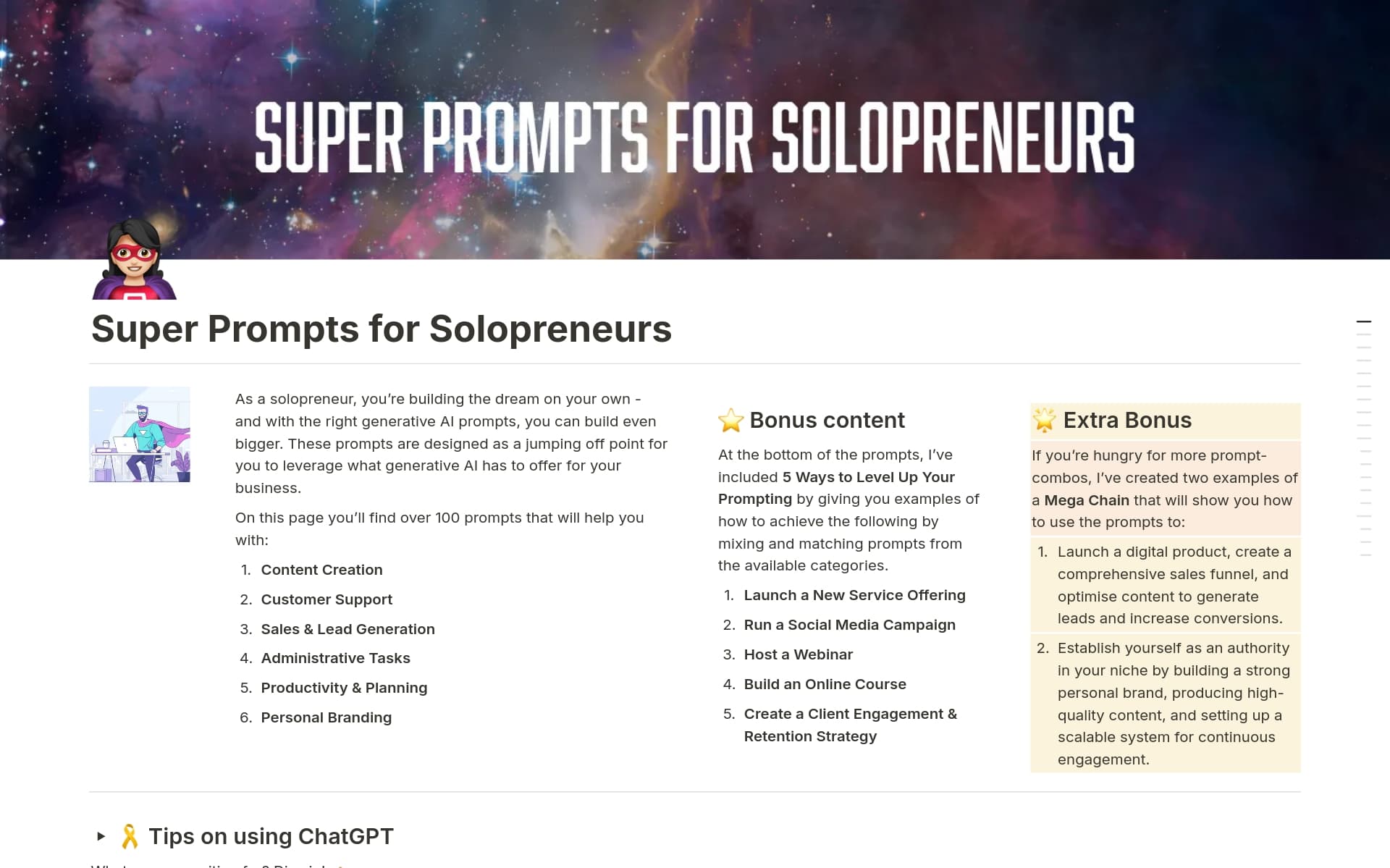Maintaining a Diet Diary is crucial for anyone looking to monitor their nutritional intake, manage weight, or adhere to dietary restrictions. It provides a clear record of eating habits, helping to identify patterns and make informed changes towards a healthier lifestyle. A Diet Diary template in Notion can streamline this process, offering a structured and customizable way to track your meals, nutritional values, and progress over time.
Before you dive into creating your own Diet Diary, consider exploring these Notion templates to simplify the process and enhance your tracking experience.
What Should Diet Diary Templates Include?
Choosing the right Diet Diary Template in Notion can significantly streamline your nutrition tracking. Here are key components to look for in a template:
Meal Tracking: The template should offer a comprehensive way to log each meal and snack, including portion sizes and nutritional content.
Water Intake Recorder: Hydration plays a vital role in diet management. A good template will include a section to track your daily water intake.
Caloric Balance: It should provide tools to calculate and monitor your caloric intake versus expenditure to help maintain or reach your desired weight.
Progress Tracker: Look for a template that includes a way to visually track your progress over time, such as weight changes or measurements.
Selecting a template with these features will help ensure you have a comprehensive overview of your dietary habits and health progress.
What Should Diet Diary Templates Avoid?
When selecting a diet diary template in Notion, it's important to be aware of certain features that might complicate or hinder your tracking progress. Here are three key components to steer clear of:
Overly Complex Layouts: Templates with too many sections or complicated navigation can make it difficult to quickly log meals or find information. Simplicity is key for daily use.
Non-Customizable Fields: Avoid templates that don't allow you to edit or add new fields. Your diet diary should be adaptable to your specific dietary needs and goals.
Lack of Privacy Settings: Ensure the template has options to keep your data private, especially if it's shared within a workspace or among multiple devices.
Choosing the right template involves looking for one that enhances your ability to maintain a consistent and clear record of your dietary habits without unnecessary features that detract from the core purpose.



